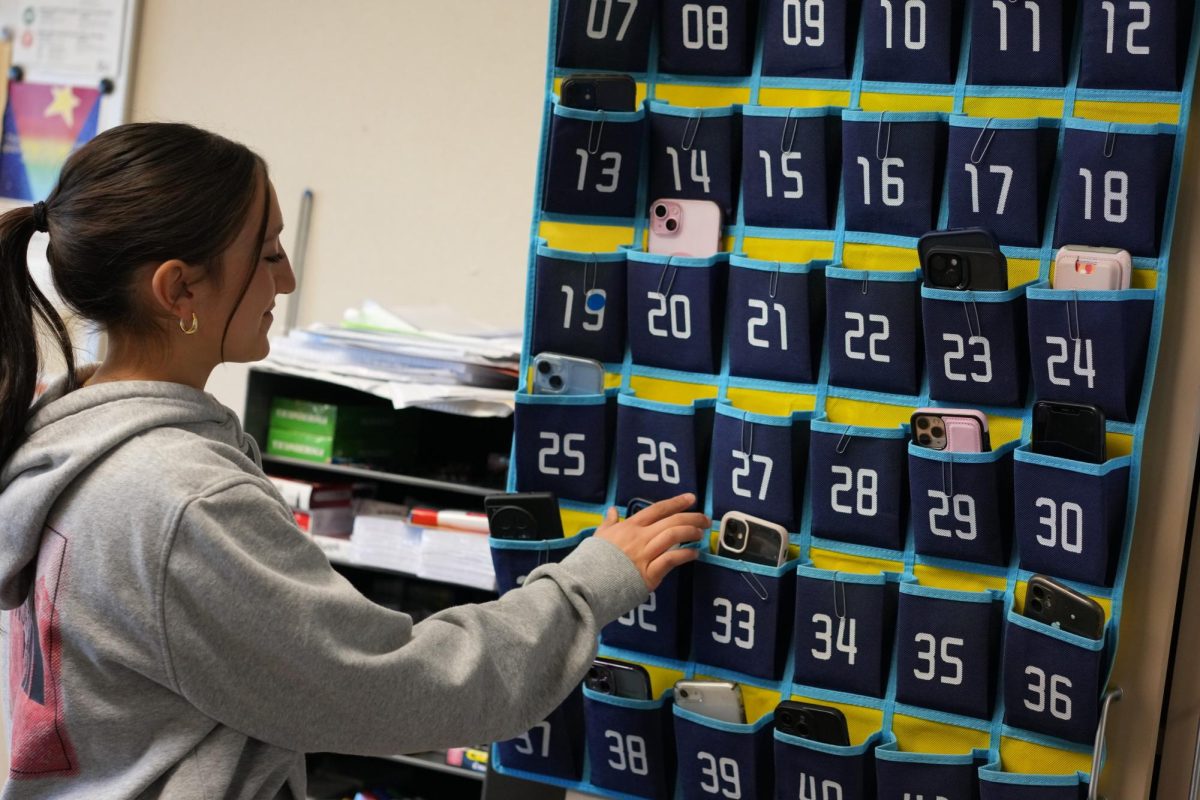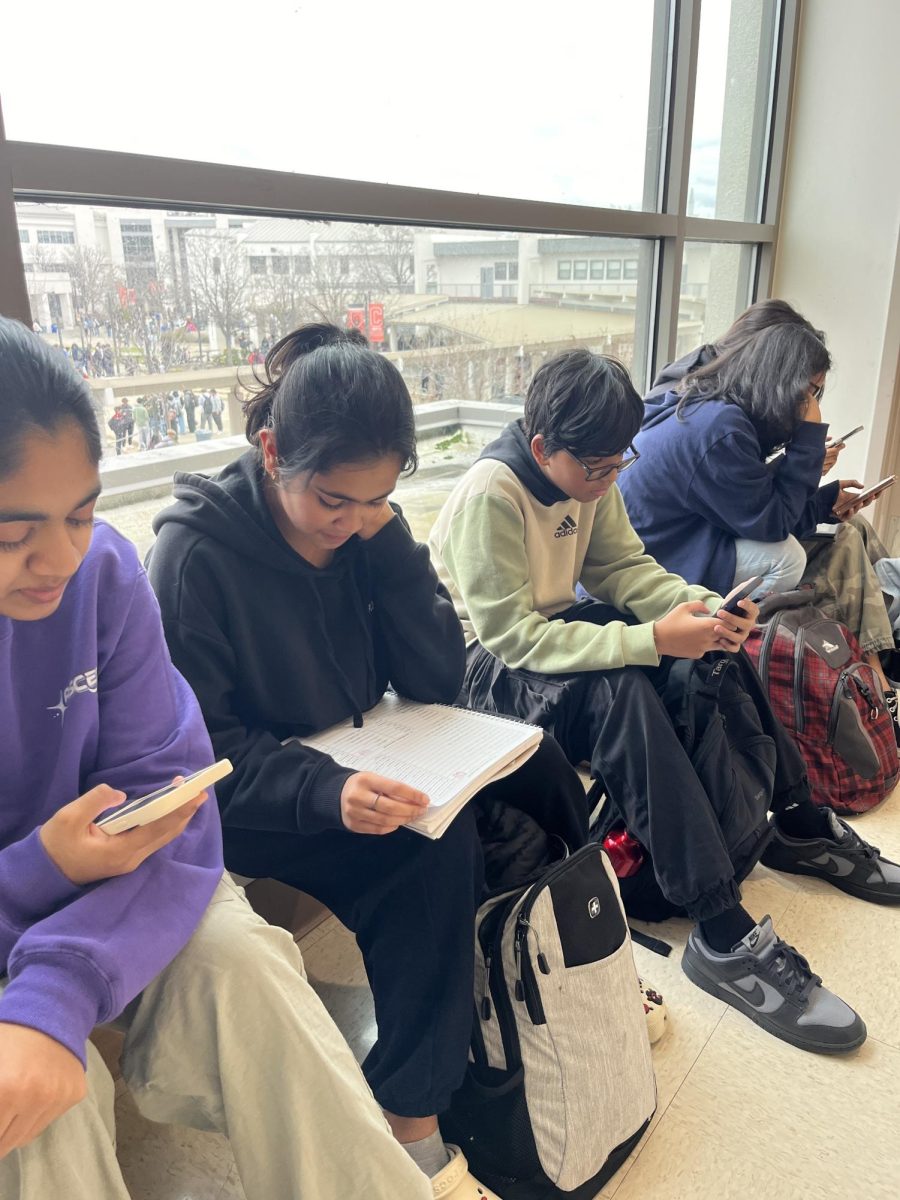by Justine Chang, staff writer
Now that it’s second semester, many students are hitting a huge obstacle in their school life – a serious lack of sleep.
Many students say they usually get six or fewer hours of sleep a night. For a lot of students, this is because of extracurricular activities, homework or procrastination.
Although staying up late can be by choice or necessity, it is recommended to get at least eight to 10 hours of sleep. Less than six hours of sleep nightly can create problems.
According to Sheri Cyprus of the website wiseGEEK, studies of sleep deprived people show that they are at a higher risk for diabetes, heart disease, dysfunctions in the immune system, obesity and mood disorders. Sleeping five hours or less can also lower life expectancy by 15 percent compared to people who consistently get a good night’s sleep.
A lack of sleep also disrupts proteins, hormones and other balances in the body. The ability of the body to metabolize sugar declines, turning sugar into fat. The entire body, especially the brain, needs enough sleep for proper functioning.
According to an article in the Washington Post, losing sleep can put the body into high alert, increasing production of stress hormones and boosting blood pressure, a major risk factor for heart attacks and strokes.
Junior Kyle Lee only gets four or five hours of sleep nightly. When Lee comes home from school, he eats, sleeps for two hours, plays video games or watches videos, and finally starts his homework. He has been on this routine since freshman year.
“I’ve chosen this life and I cannot go back,” said Lee.
Senior Kevin Mock has other reasons for staying up late. He has a late shift working at Target, with a side of downloading music, watching TV, and going on the app Instagram. He goes to sleep at midnight. But what really makes him lose sleep is that he goes to the gym at 5 a.m.
If he doesn’t have enough time to work on homework at home, he finishes what he can during his classes.
“I do my homework, but I usually get that done at school,” said Mock.
Junior Julie Li usually stays up until 1 a.m. doing homework, talking to friends, and going on Facebook or Youtube in the time she has to spare. She sometimes has to go to events for Interact Club, which pushes her to do these activities later in the day.
But during the day, she feels the impact of staying up late.
“I fall asleep in class a lot and I feel tired and lazy,” said Li. “I don’t always finish homework and I choose sleep instead and then it affects me.”
As for other students, staying up late is an optional choice. Sophomore Garen Kissoyan sleeps at 1 or 2 a.m. She spends her night socializing or watching television.
“I’m used to sleeping late, so I can’t sleep any earlier,” said Kissoyan.
Other students agree with Kissoyan. They think they should be devoting more time to their social life than to school or extra-curricular activities.
According to eHow.com by Corianna Underwood, lack of sleep affects different parts of the brain.
The prefrontal cortex is more active when you are feeling sleepy than when you are awake. That area of the brain controls complex behaviors like decision making, adapting to social behavior, and expressing personality.
Research has shown that people who are lacking sleep find it hard to be creative with words or ideas.
“The brain has hundreds of chemicals that are restored while you sleep,” said psychology teacher Brandon Quick. “It’s like driving in a car all night long. But in the morning, you have no gas.”





